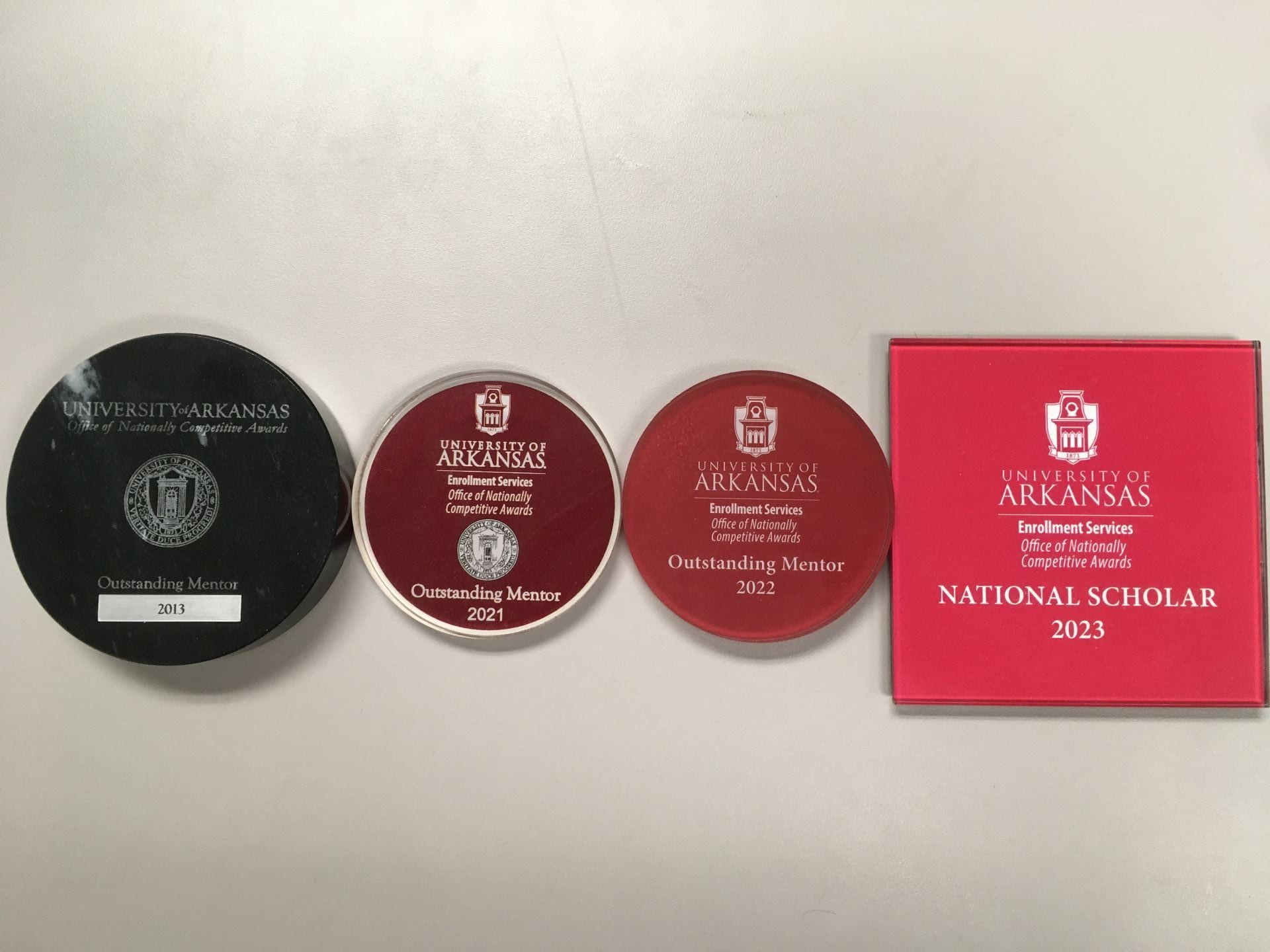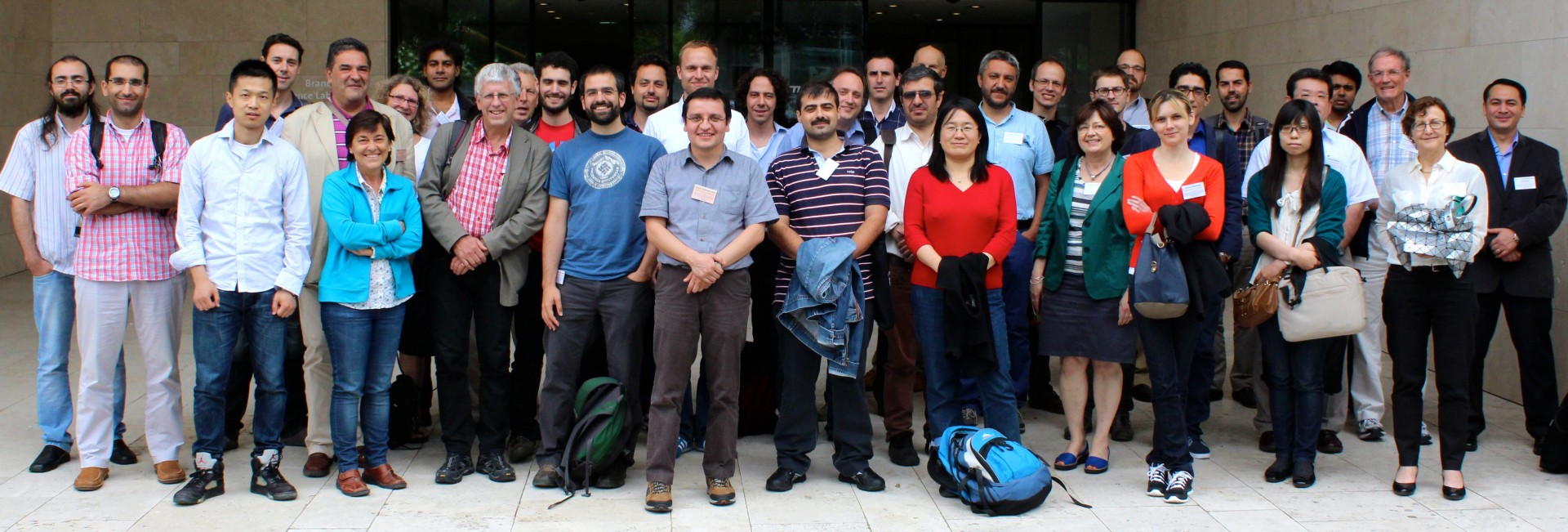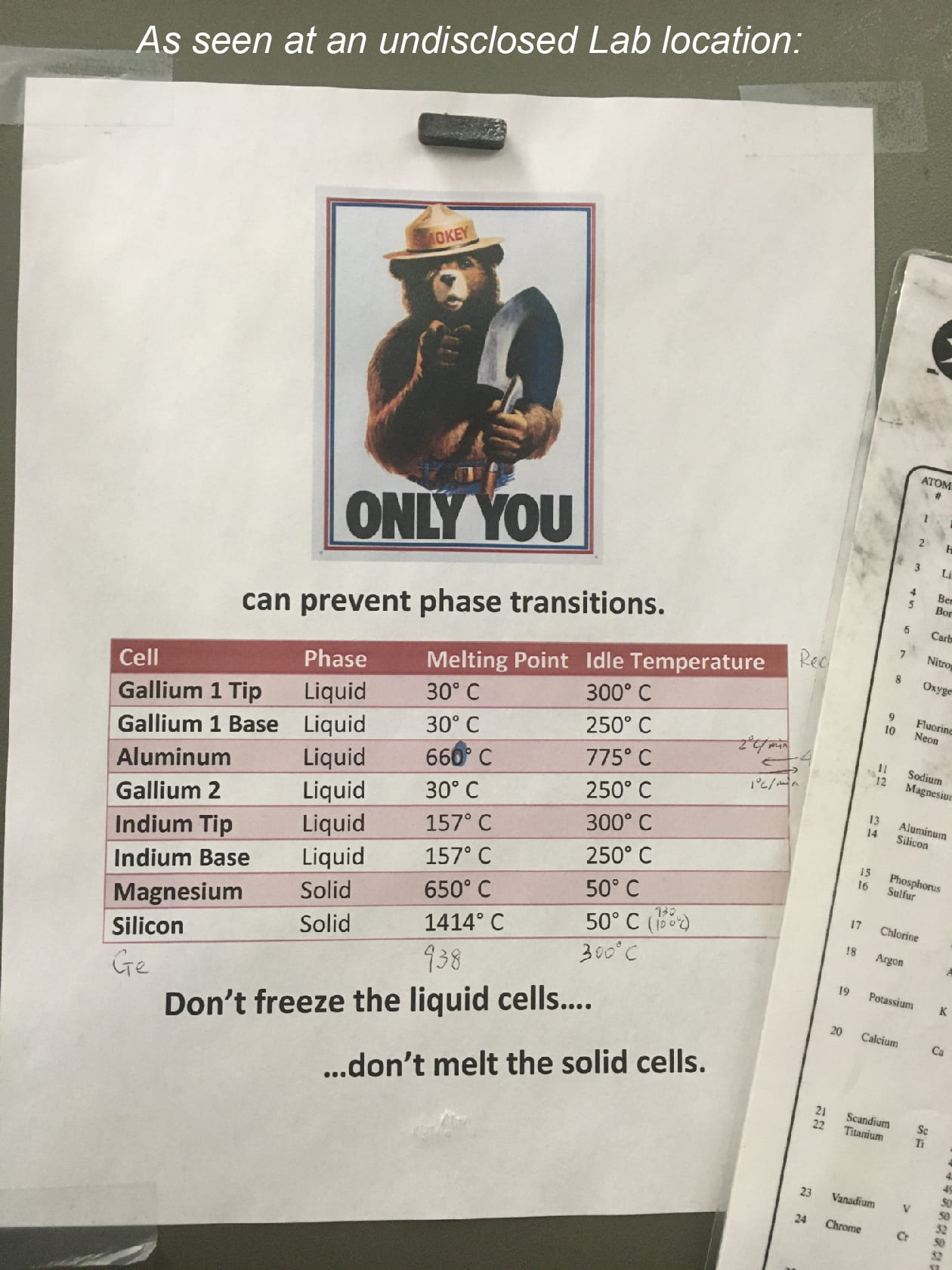![IMG_6345[1]](https://wordpressua.uark.edu/sbarraza/files/2023/08/IMG_63451.jpg)
Welcome!
Salvador is a Department of Energy Early Career Awardee (2016-2021), a Professor of Physics, and a co-founder and Theory Lead of the MonArk NSF Quantum Foundry, a Center for which he established theory and educational visions. In addition, and along with Tulin Kaman and David Chaffin, Salvador received $0.5M to upgrade Arkansas’ supercomputer in 2024. He has been a Visiting Scientist at Argonne National Laboratory (host: Dr. Pierre Darancet; 2018), and a Visiting Professor at The University of Tokyo (host: Professor Taisuke Ozaki; 2025-2026).
Salvador’s expertise is in the electronic and atomistic structures of 2D materials. His two contributions to the field are as follows: he developed a “discrete” approach to understand the effect of mechanical deformations on graphene (Sloan et al., PRB (2013)), and pioneered an understanding of two-dimensional transformations on ferroic 2D materials (Mehoboudi et al., Nano Lett. (2016)), which led to an eventual development of a field of “2D ferroelectrics.” As an undergraduate student, he had access to what was perhaps one of the few sources of entangled photon pairs in America. Directed by Paul Kwiat, he used glass plates to generate a procrustean selection of pairs that enhanced the entangled state. That work was performed when Quantum Information Science (QIS) did not even exist as a field yet (Kwiat, Barraza-Lopez et al., Nature 409, 1014 (2001)).
His group studies two-dimensional materials (graphene, hexagonal boron nitride bilayers, stanene, phosphorene, silicene, group-IV monochalcogenide monolayers, transition metal dichalcogenides, magnetic monolayers and bilayers,…), with a focus on the relation among their shape, structural disorder, structural phase transitions, and their physical properties. Salvador has coauthored three Review Articles on those topics:
Reports on Progress in Physics (2017)
Reviews of Modern Physics (2021), and
Reports on Progress in Physics (2023).
Salvador’s students have won two National Science Foundation Graduate Research Fellowships (Erin Farmer, 2021 and Joseph Roll, 2023), and a Department of Energy’s Office of Science Graduate Student Research Fellowship (John Davis, 2024). Salvador has also mentored three Goldwater Scholars: Tobias Bothwell (2013), Tyler Bishop (2019), and Joseph Roll (2022). Salvador was awarded the Outstanding Mentor recognition from the Office of Nationally Competitive Awards at the University of Arkansas in 2013 for his mentoring efforts (the award cannot be bestowed multiple times).
Research in his group involves computer calculations and models that explain the numerics. The process requires student commitment and dedication. The group strives to work in collaboration with experimentalists (we maintain a years-long collaboration with Kai Chang in Beijing and with Stuart Parkin in Germany, and work with Jin Hu, Hiroyuki Nakamura, and Hugh Churchill) and with theorists with complementary backgrounds (Benjamin Fregoso, Pradeep Kumar, Alejandro Pacheco, Jaime Ferrer, and Gerardo Garcia Naumis).
In Fall 2025, the group is comprised by four graduate students (Nathaniel Blair, Nikhil Pai, Kendall Ramos, and Luis Enrique Rosas) and two Postdoctoral Associates (Angiolo Huaman and Jose Mella-Riquelme). Group Alumni have gone to pursue graduate studies at Cornell University (Erin Farmer), The University of Washington (James Sloan), The University of Colorado at Boulder (Tobias Bothwell and Tyler Bishop), The University of Texas at Austin (Joseph Roll), among other places; others went to work at places such as Samsung Telecommunications America (Cedric Horvath), the Canadian Nuclear Laboratories (Taneshwor Kaloni), Oak Ridge National Laboratory (John W. Villanova), Stony Brook University (Gustavo Orozco-Galvan), and the University of Michigan, Ann Arbor (Shiva Poudel).
Salvador was (with Hugh Churchill and Nicholas Borys) one of the three core writers (and the main responsible for the theory component) of a document leading to the MonArk NSF Quantum Foundry (https://www.monarkfoundry.org/), a 22 Million Dollar investment towards the development of quantum technologies based on two-dimensional materials in America’s Heartland.
Work in the group has been funded by the US Department of Energy (Early Career Award DE-SC001613, and Awards DE-SC0019467 and DE-SC0022120), and by the National Science Foundation (Awards DMR-1610126, DMR-1906383 and OAC-2346752).
Salvador has received those awards for his mentoring efforts:

In terms of service to the 2D materials community, Salvador co-organized a CECAM Workshop in Zurich, two Focus Sessions at the APS March Meeting (2022 and 2023), and was Lead Sorter for the 2024 APS March Meeting and 2025 APS Global Summit for Sorting Category 12 (complex materials, including graphene).
- Lead Sorter. Complex materials (including graphene). APS 2024 March Meeting and APS 2025 Global Summit.
- APS 2023 March Meeting Focus Session 12.01.04 (2D Materials: Correlated States: Superconductivity, Ferroelectricity, Density Waves) with Kai Chang (Beijing) and Yang Liu (Columbia University).
- APS 2022 March Meeting Focus Session 12.01.01 (Growth and defects on 2D matertials) with Pengpeng Zhang (Michigan State) and Yeonwoong Jung (Central Florida).
- Co-organizer with María Vozmediano and Mikhail Katsnelson. CECAM Workshop in Graphene Strain Engineering. July, 2014. (See picture below.)

